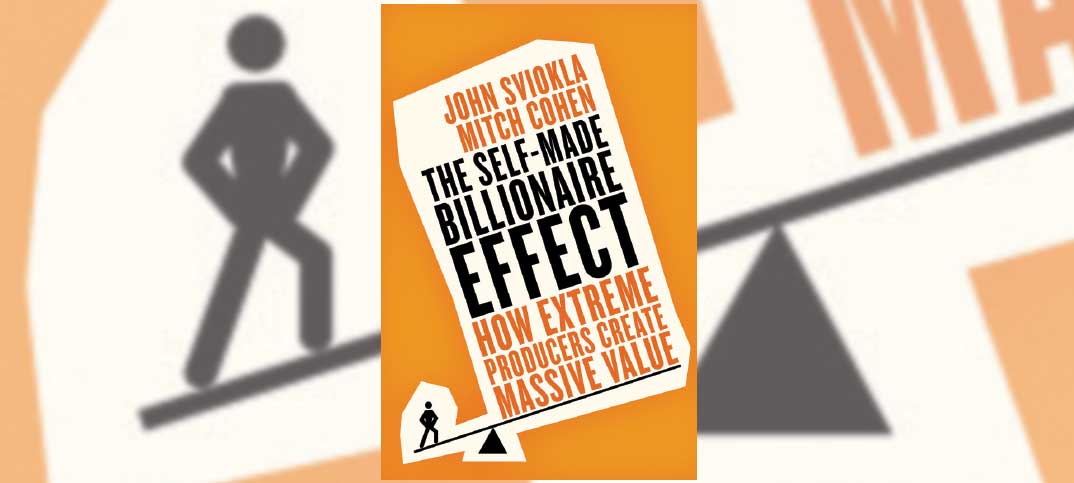We sat there for three and a half hours and listened to them talk about the structure of the company and the sale and everything.
And I looked over at Jerry Murphy, who is a very, very, very bright guy, and I said, ‘I really don’t understand anything. Am I missing something?’ Jerry says, ‘No. I’m not sure I follow what they’re talking about either.”
So this goes on for three hours – and that is a long time for my dad – until the chairman looks at Dad and says, “Well, Alex, what do you think? Are you interested? You think we can pull this deal together?’
And Dad says, ‘I have one question. I asked that question three hours ago and I’ll ask it again: Does this company make money or not? I’m talking about real, green bucks.’
Nobody in whole room would answer. So Dad gets up and says, ‘When you can answer that question, give me a call; I might be interested.’ And we walked out.
This story is told by Dean Spanos, son of billionaire Alex Spanos and it is the sort of gold dust that makes reading The Self-Made Billionaire Effect by John Sviokla and Mitch Cohen rewarding.
Sviokla and Cohen are top guys with PricewaterhouseCoopers and they target their book at the world’s largest corporations in an attempt to answer the question how come so many of the 600 self-made billionaires worked for you but you failed to make a buck.
The billionaires are classified as producers while the big corporations like performers, they conclude. One area that marks billionaires out is their attitude to risk.
For example, 27-year-old Yan Cheung used all her savings to start a Hong Kong paper-trading company. Five years later in 1990 she shut down the successful company and moved to California to start over even though she spoke very little English and knew no-one.
Ten years later her new paper trading company was the leading paper exporter in the US. What she had seen was the opportunity of the Chinese paper market that needed an abundant supply of paper. The risk of staying in Hong Kong was she could not get the raw material.
“Risk is a matter of perspective,” Sviokla and Cohen argue. “People are more afraid of losing what they have than they are eager to gain something new. Most people overestimate the risk of failure and underestimate the risk of missing out on a gain.”
What producers are not willing to risk is the chance to capture an opportunity.
Spanos worked in his family’s bakery until he was 27 when he set up a roadside sandwich truck to feed migrant workers. This mushroomed into a catering business and then a property business. He is now one of the largest developers of family housing in the US. What he was worried about was missing out on the opportunities for expansion that his father was unwilling to take.
In his son’s story at the top of this column, Spanos was aiming to buy a savings and loan business. The savings and loan business he did not invest in was bailed out by the US taxpayer 30 days later.
Are you a producer? Here is a question to ask yourself: What are the most important trends in your industry and what opportunities will they create? If that sparks you to make a billion, don’t forget to look me up.






Comments
This article doesn't have any comments yet, be the first!